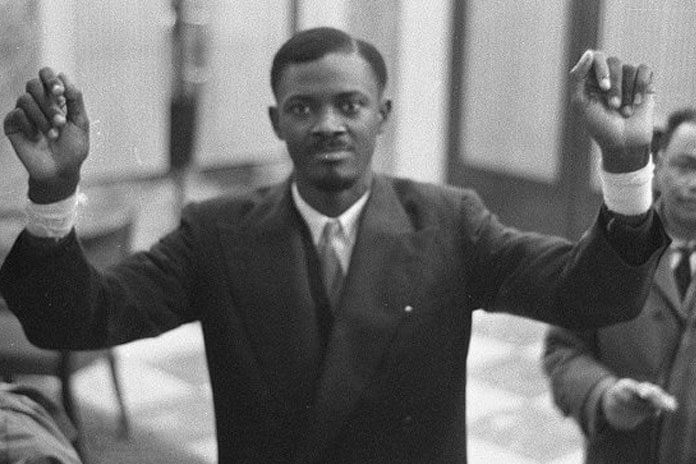When this book first appeared in Dutch, the press duly concentrated on its main conclusion: that the Belgian government was primarily responsible for the murder of the Congolese prime minister, Patrice Lumumba. It is obvious to the reader, however, that other parties were equally guilty. True, the Belgians and the Congolese actually killed Lumumba, but without the steps taken by Washington and the United Nations during the preceding months, the assassination could never have been carried out.
In July 1960, after Belgium intervened in the Congo and after the rich copper state of Katanga seceded, the United States went into action. The Western superpower supported interventions by the United Nations to stop Lumumba calling on friendly African armies or the Soviet Union to help him combat Belgium-Katangese aggression. Dag Hammarskjold, the UN Secretary General, deployed an impressive array of military force. The Blue Berets protected Katanga and played a decisive role in overthrowing the Congolese government.
Meanwhile, US president Dwight Eisenhower had instructed his aides to liquidate Lumumba and a top secret CIA unit was given the task of eliminating him. Brussels wholeheartedly agreed with this objective and also sent out a commando operation.
While the US and Belgium were plotting murder, other Western powers were equally convinced that Lumumba represented a big danger to their neo-colonial enterprise in Africa. On 19 September 1960, the American president and the British foreign minister Lord Home discussed the Congo crisis. The minutes of that meeting suggest that London could have known of Washington’s plans to assassinate Lumumba, who had, in the meantime, been removed from office: “The president expressed his wish that Lumumba would fall into a river full of crocodiles; Lord Home said regretfully that we have lost many of the techniques of old-fashioned diplomacy.”
A week later, President Eisenhower and British prime minister Harold Macmillan met, accompanied by their respective foreign ministers. The record of this meeting leaves little to the imagination as far as London’s intentions were concerned: “Lord Home raised the question why we are not getting rid of Lumumba at the present time. If he were to come back to power, there would be immediate stress on the Katanga issue, which might get us into all sorts of legalistic differences. He stressed that now is the time to get rid of Lumumba.”
Meanwhile, on the other side of the Atlantic, high-ranking British civil servants and the Lord Privy Seal Edward Heath (who would later become prime minister) were in consultation. Was it just coincidence that the opportunity for an assassination was on the agenda?
A few months later, the Belgian minister for African affairs and his representatives in the Congo set the scene for the murder. Lumumba’s transfer to Katanga, delivering him into the hands of his worst enemies, was done with the full knowledge of Lawrence Devlin, the CIA station chief in the capital. He must have been relieved, because only a few days earlier he had cabled Washington to note that only “drastic steps” would prevent Lumumba’s return to power. Devlin’s superiors and their NATO allies must also have been relieved: in the weeks leading up to Lumumba’s transfer, intense negotiations between the US, Belgium, France, the UK-controlled Rhodesian Federation, Portugal, Mobutu and Tshombe in the Congo, to discuss various secret actions to fight the Congolese nationalists, had taken place.
– from pages xiii and xiv of the PREFACE to the English-language edition of the Verso book by Ludo de Witte.

